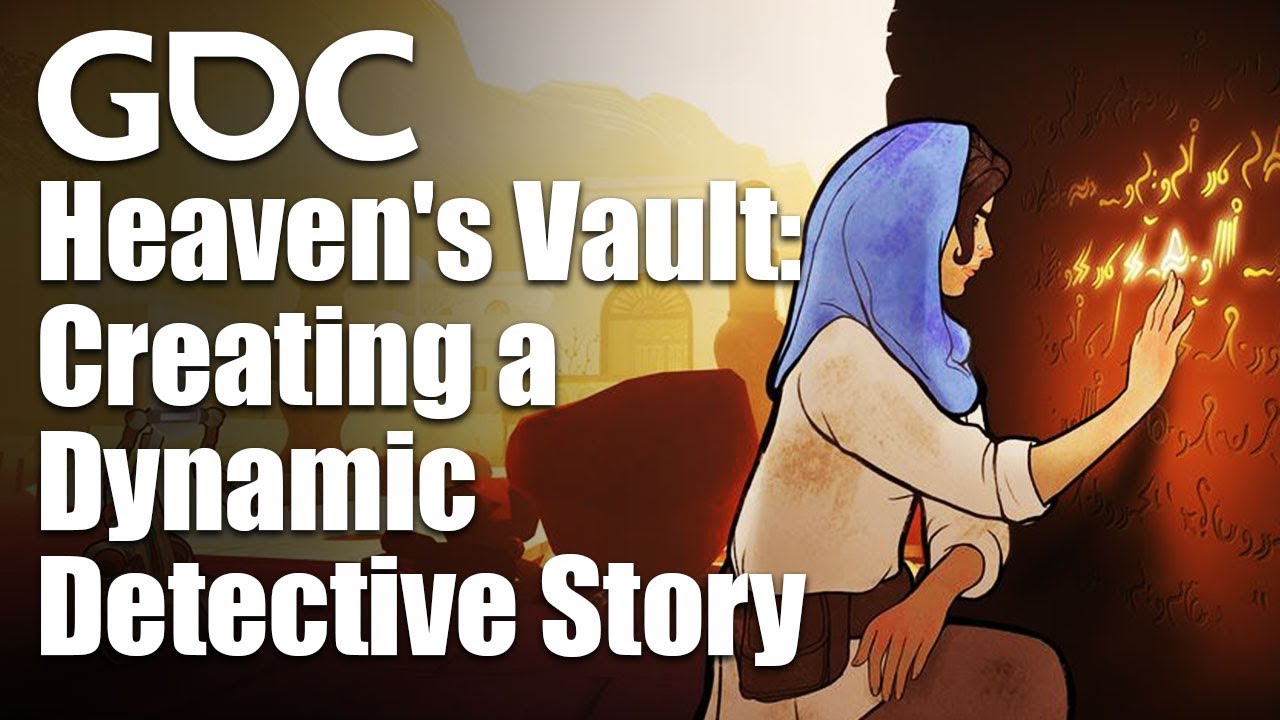Speaking entirely personally, and definitely not on behalf of anyone else here, my gut reaction is to say “but that’s not really a narrative, no matter how hard you try to push the words in that direction.” I tend to think that “emergent narrative” is necessarily a contradiction in terms, because, for a sequence of events to be “a narrative,” there has to be a meaningful connection between them. A series of random events is by definition not meaningful, so it can’t be a narrative.
So when I pick up my copy of Les Miserables and re-read it, which I’ve been meaning to do for quite a while now, there’s a narrative there: it’s the story of Jean Valjean, how his circumstances formed him and how his soul was saved, and what happens after that. It’s also the story of Inspector Javert, and how his mechanical notion of justice misses important things about Valjean, and how his commitment to a soulless notion of blind adherence to an institution destroys him; and it’s the story of Valjean’s adopted daughter, and of her love, and of the French Revolution, and of how the Paris sewers were built, and of many many other things besides; but it’s a narrative specifically because all of these things are connected in some meaningful way.
Similarly, David Mitchel’s novel Cloud Atlas (and the rather regrettable Tom Hanks movie that was made based on it) is a series of stories in different times and in very different places, but the stories are all interlinked in meaningful ways: what happens on the 18th century Pacific voyage gives insights into what happens at the California nuclear power plant in the 1970s and to the actions of a tribe of low-technology people living in postapocalyptic Hawaii. Each of those six or seven segments has both internal narrative coherence because the actions are meaningfully aligned with each other; and each of them “appropriately belongs with” the other segments because they have meaningful causal and thematic links between the segments. But it’s meaningfully a narrative because there’s a structured coherence between the parts.
But when you’re talking about a series of events that occur while playing The Sims, for instance, you’re talking about a series of events that, all in all, lack meaningful coherence; they’re more or less randomly determined. They could have gone in a different direction. There’s no writer-imposed higher-meaning interpretation possible of the sequence of random events to detect; though the player can make one up as they go along.
Now, you might be able to fake narrative on these terms: the human brain is a pattern-seeking device that looks for patterns and sometimes finds them, even falsely detecting intentionality where there is none: that pattern of stars was probably not put up in the sky in those exactly places because it’s the immortal remains of the hunter Orion. Rather, those particular stars happen to be visible from this particular location in this arm of the Milky Way galaxy, and humans produced a story about why it looks that way that falsely attributes a kind of causality that doesn’t actually explain the real causes of the position of the stars. It’s a more interesting story, but not an accurate one, and it doesn’t meaningfully interpret the facts of the case.
Part of sitting down to read a novel, or watch a play or a movie, or listen to your friend tell a story, involves willingly engaging the pattern-seeking part of your brain that constructs explanations for questions about how different parts of a narrative are connected. In Les Miserables or Cloud Atlas, those connections occur at multiple levels – causal, thematic, ontological, at the level of plot structure, psychological, etc. – whereas when you’re talking about a sequence of events in The Sims, they’re largely random, and the narratives that a player builds in their head don’t match up in a meaningful way with any mechanism of meaning constructed the author during the process of writing the game.
So I tend to think that any “narrative” that’s genuinely emergent, and not just loosely structured, isn’t “really narrative.”
Just my two cents’ worth.
